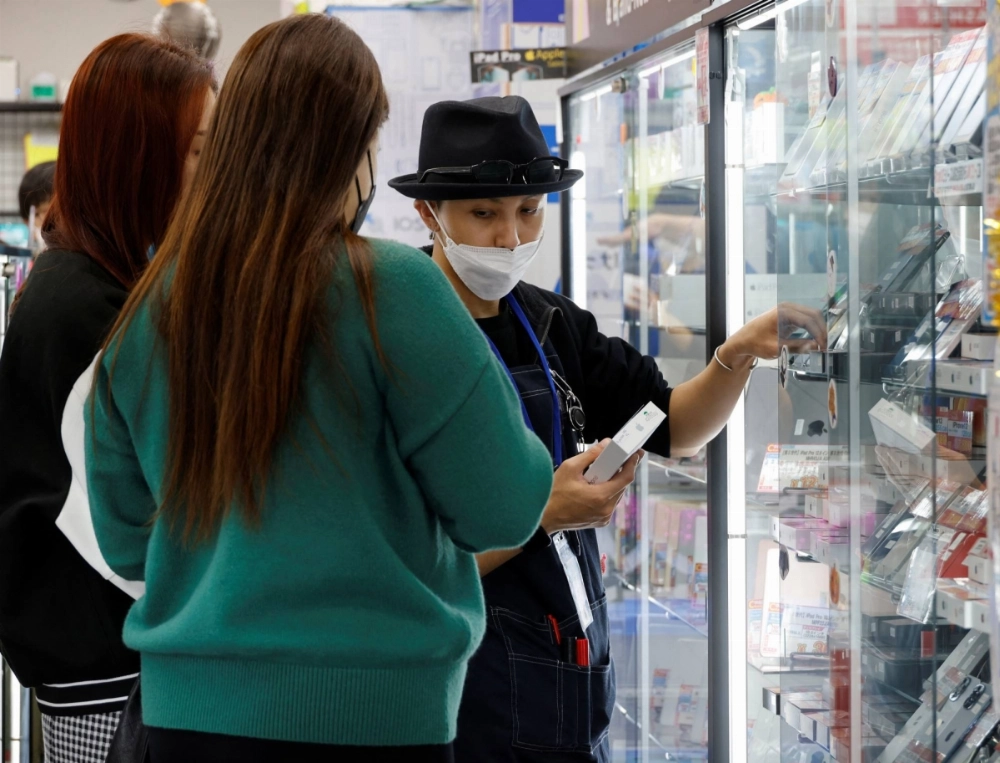The secondhand smartphone market is booming in Japan as inflation squeezes family budgets and as tourists take advantage of the low prices of devices sold in the country, and this trend is expected to continue.
Japan’s smartphone market is growing about 15% a year, according to MM Research Institute, a Tokyo-based consulting and market research company specializing in information technology and communications.
About 3 million used smartphones are sold every year in Japan, and about 1 in 10 devices being sold in the country is second hand. The total is expected to rise to over 4 million by fiscal 2028.



















With your current subscription plan you can comment on stories. However, before writing your first comment, please create a display name in the Profile section of your subscriber account page.